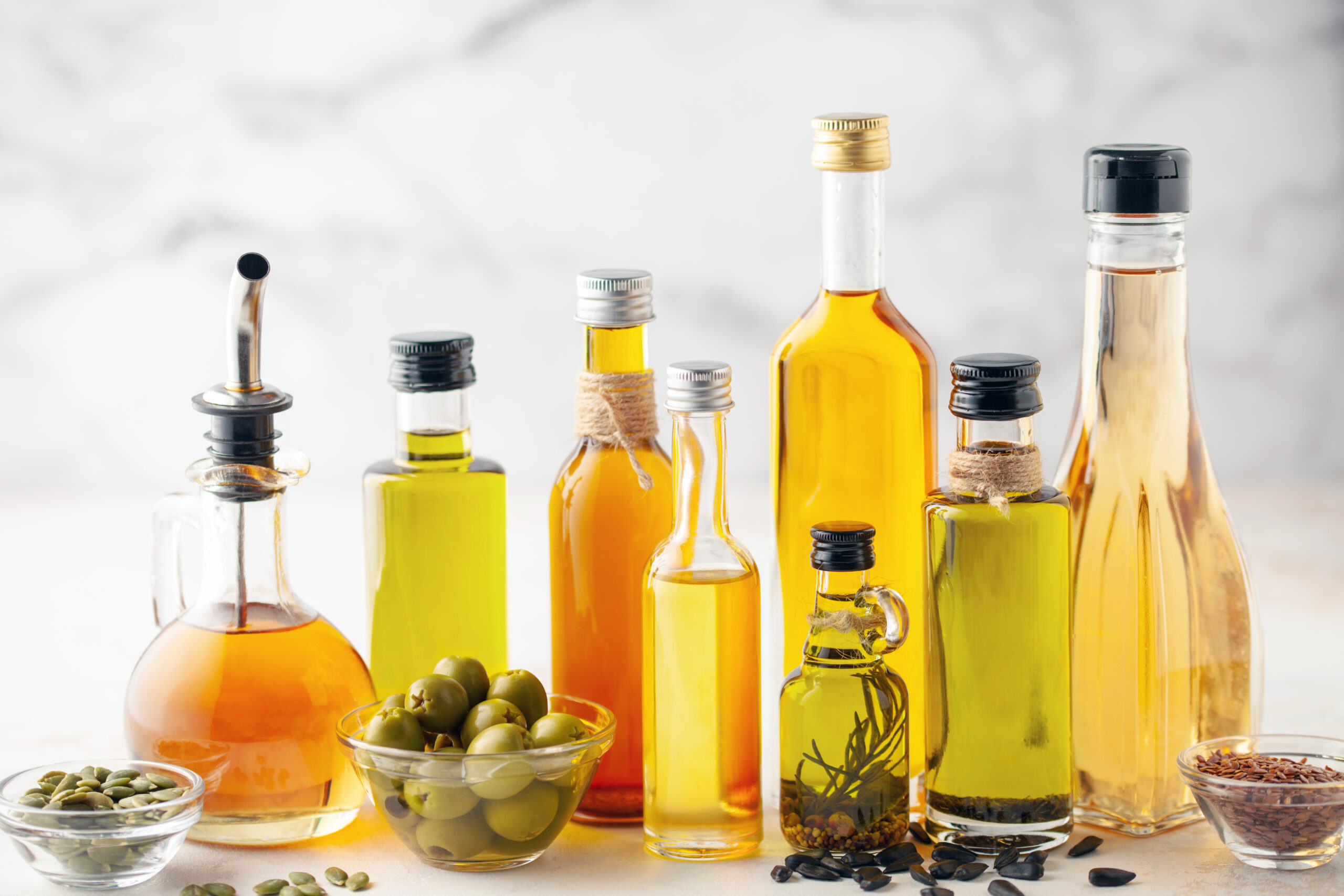Seed oils, often touted as healthy alternatives, have become ubiquitous in modern diets. However, mounting research suggests that these oils may pose significant health risks. Here, we’ll delve into the world of these oils, exploring their composition, potential dangers, healthier alternatives, and see what impact they may have on your optimal health.
What Are Seed Oils?
People extract seed oils from the seeds of various plants, including soybeans, corn, canola, sunflower, safflower, cottonseed, and grapeseed. These oils are highly processed and often refined, bleached, and deodorized (RBD) to remove impurities and improve their shelf life.
The Dark Side of Seed Oils
While these oils may seem innocuous, their high omega-6 fatty acid content raises concerns. Excessive consumption of omega-6s, especially in the absence of balancing omega-3s, can trigger inflammation in the body. Chronic inflammation is linked to various health issues, including heart disease, obesity, diabetes, and autoimmune disorders.
Furthermore, seed oils are often extracted using high heat and chemical solvents, which can lead to the formation of harmful compounds like trans fats and lipid peroxides. These substances can damage cells, contribute to oxidative stress, and potentially increase the risk of chronic diseases.
Hidden Dangers in Everyday Foods
Seed oils have infiltrated many common grocery store items, making it challenging to avoid them completely. Be mindful of the following products, which often contain them:
- Processed foods: Chips, crackers, cookies, cakes, and other packaged snacks.
- Salad dressings and mayonnaise: Many store-bought varieties rely heavily on seed oils.
- Fried foods: Fast food and restaurant meals often use seed oils for frying.
- Vegetable shortening and margarine: People can make these cooking fats with seed oils.
- Packaged baked goods: Bread, pastries, and other baked goods often contain seed oils.
Healthier Oil Alternatives
Fortunately, several healthier oil alternatives exist that can nourish your body without the potential risks associated with seed oils:
- Olive oil: Rich in antioxidants and monounsaturated fats, extra virgin olive oil is a heart-healthy choice.
- Avocado oil: Similar to olive oil, avocado oil is a good source of monounsaturated fats and boasts a high smoke point, making it suitable for cooking.
- Coconut oil: A saturated fat with unique properties, coconut oil can be used for cooking and offers potential benefits for brain health.
- Animal fats: Beef tallow and ghee (clarified butter) are traditional fats that have been used for centuries and are regaining popularity due to their nutritional value and high smoke points.
The Importance of Quality
Prioritizing quality over quantity is paramount when selecting oils for consumption. Opt for cold-pressed or expeller-pressed oils whenever possible. These extraction methods preserve the oil’s natural nutrients and flavors without the use of high heat or harsh chemicals, unlike refined oils which undergo extensive processing.
Additionally, seek out oils packaged in dark glass bottles, as this helps protect the delicate fatty acids from light degradation, which can lead to rancidity. Storing your oils in a cool, dark pantry or cupboard further ensures their freshness and maintains their valuable nutritional properties. By selecting high-quality oils and storing them properly, you can reap the full benefits of these healthy fats while avoiding the potential drawbacks of lower-grade options.
By making informed choices about the oils you consume, you can protect your health and support overall well-being. Replace seed oils with healthier alternatives and prioritize whole, unprocessed foods to nourish your body and reduce your risk of chronic diseases.





